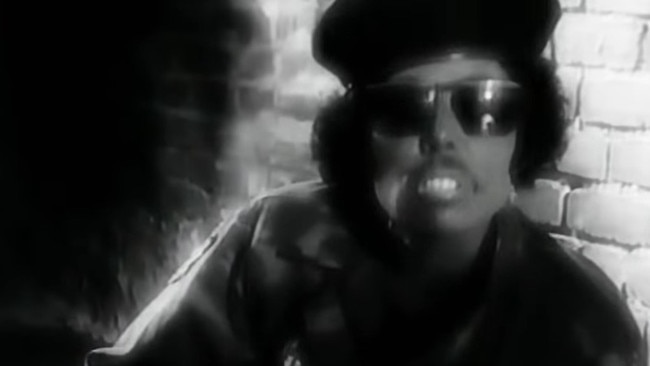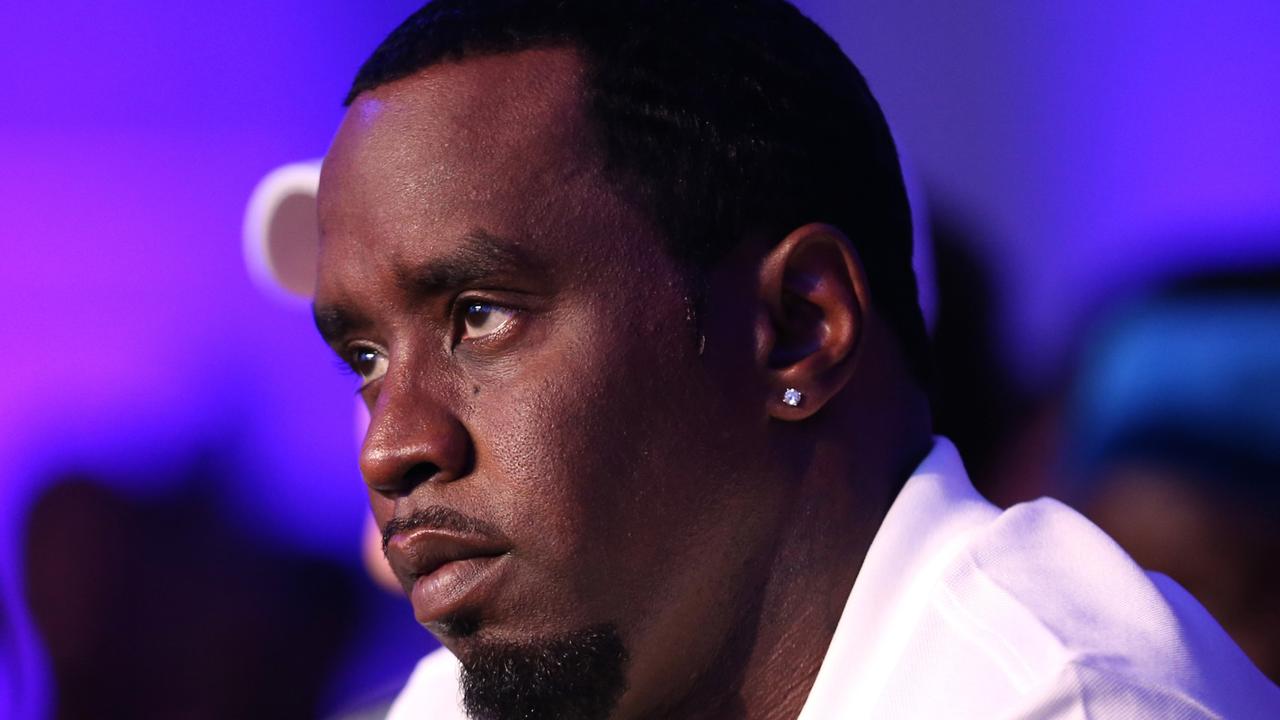Fresh controversy around Joni Mitchell’s infamous ‘blackface’ album cover
An album cover featuring one of music’s best-known female singers in blackface has been quietly erased – and not everyone is happy.

Music
Don't miss out on the headlines from Music. Followed categories will be added to My News.
Music legend Joni Mitchell has quietly rectified perhaps the most infamous moment of her career – but not everybody is happy.
The Canadian-born folk singer posed in blackface for the cover of her ninth studio album Don Juan’s Reckless Daughter in 1977.
Almost 50 years later, and Mitchell recently swapped out that controversial cover for a new image when re-releasing Reckless Daughter as part of a new set of album reissues.

That update was made back in April, with the artwork switched on streaming services, but many fans weren’t aware of the change until Mitchell’s official Instagram account shared the new cover in a post today extolling the record’s “experimental approach” and “fearless style.”
The new image depicts Mitchell’s head superimposed with that of a wolf.
No mention was made in the post of the original album cover – but fans rushed to debate the change in the comments.
“I see the cover has been updated. Probably a good idea to do that,” wrote one fan.
Another said that the cover change “should be addressed. Just changing it and saying nothing about why it needed to be changed defeats the point. It’s like trying to have it both ways – make the change but refuse to a knowledge what was wrong with it.”
But others argued the original 1977 cover should remain.


“The older cover was real Joni’s artistic vision. This is a scared of controversy corporates album cover,” one person wrote.
“I’m going to be one of the few who disagrees with the general opinion: I prefer the original cover,” said another.
With Don Juan’s Reckless Daughter expanding further on Mitchell’s love of jazz, the album cover showed three figures: At right, a young boy in a suit; in the centre, Mitchell herself, dancing in a top hat and patterned dress, and at right, a dapperly-dressed African-American man with a moustache and sunglasses.
At the time, many who saw the record in stores simply didn’t realise the male figure was in fact the singer in disguise. Mitchell even had a name for her Black, male alter ego: Art Nouveau.
And Mitchell’s penchant for Blackface extended beyond the album cover, too: She dressed as Nouveau in live performances and for a 1976 Halloween party, posing for photos.
More than a decade later, in 1988, she was back at it, donning blackface yet again to portray a young African-American soldier for the anti-war single Beat of Black Wings.

For years now, fans have debated Mitchell’s decision to don blackface, a rare misstep in a career otherwise filled with some of the most acclaimed music of all time.
“It’s one of those things about Joni that is tough to accept, but we have to reckon with it,” one fan wrote in a Reddit thread discussing the issue.
“Joni Mitchell is a human being and an artist, both of which are perfectly capable of making horrendous decisions,” another music-lover wrote.
That fan finished with a word of advice: “Stop putting her on a pedestal. Accept her humanity and appreciate her art for what it is: imperfect expression.”
Mitchell, who turned 80 last November, has made some tentative steps back into the public eye recently after bouts of ill health in recent years, including an aneurysm that left her unable to speak for some time.
She performed her timeless ballad Both Sides Now at this year’s Grammy Awards, and will perform two concerts at California’s Hollywood Bowl in October.
More Coverage
Originally published as Fresh controversy around Joni Mitchell’s infamous ‘blackface’ album cover





